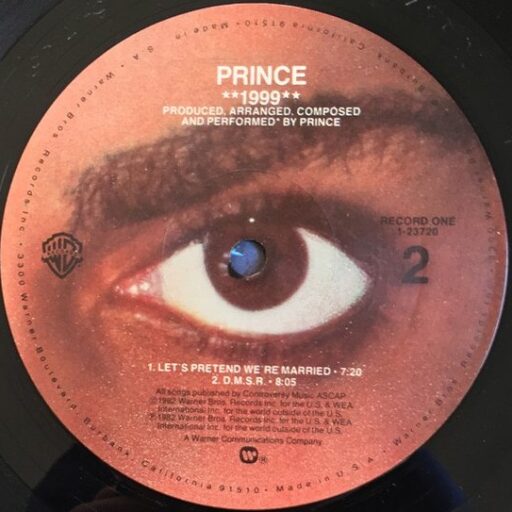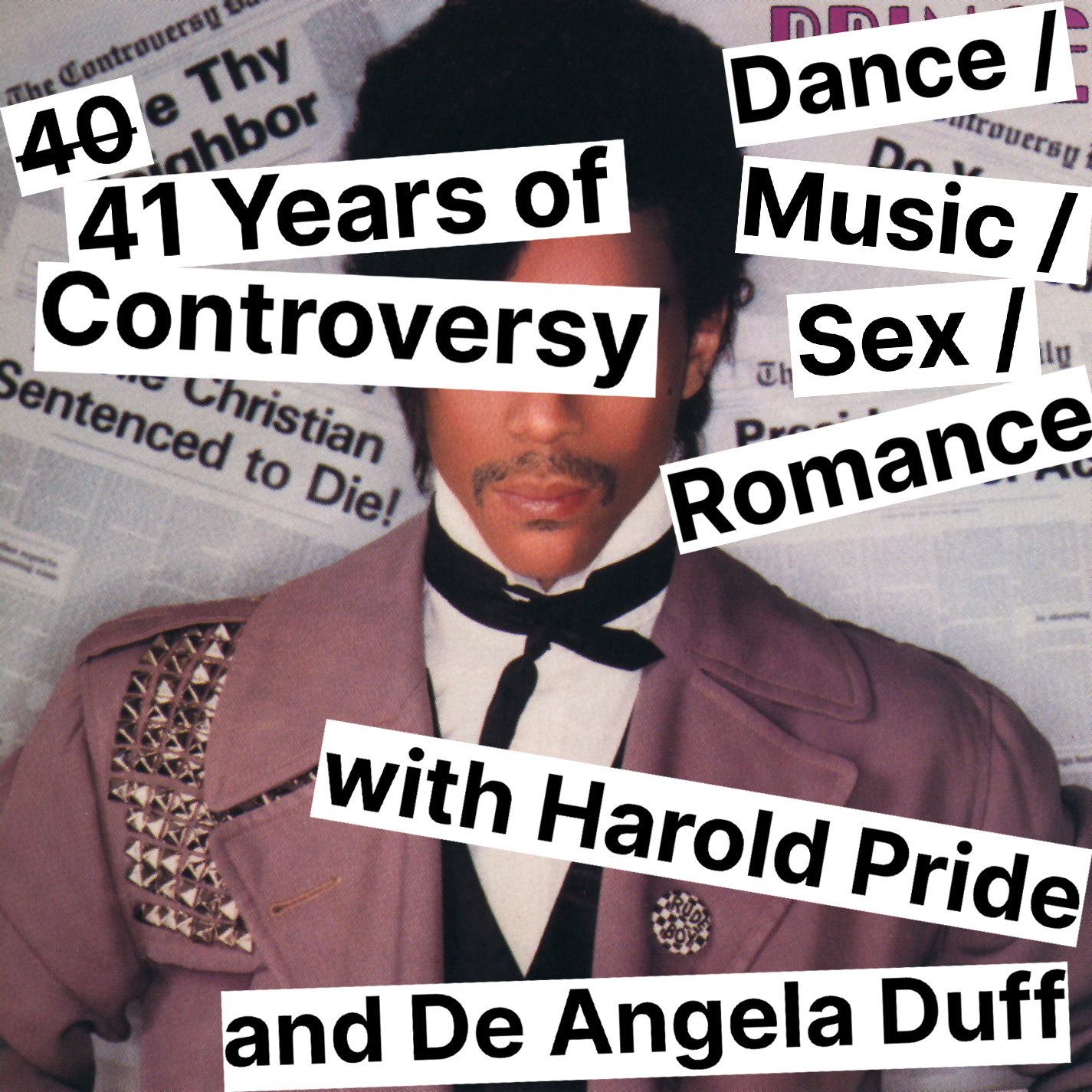Tag: burbank
-
Podcast: Prince (1979) Revisited
October 19, 2018 marks the 39th anniversary of Prince’s self-titled second album–not the most glamorous occasion, perhaps, but reason enough to reassemble the review panel from our For You podcast for a reappraisal. Once again, Zach is joined by Harold and KaNisa for a track-by-track discussion of this underappreciated album, its resonances throughout Prince’s career, and why it still…
-
It’s Gonna Be Lonely
On an album that arguably set the mold for who Prince was as an artist, “It’s Gonna Be Lonely” feels like the most “Prince” of all.
-
Still Waiting
Heartbreak is the bread and butter of country and soul music alike; Prince employs these well-worn tropes with lines so note-perfect they seem almost timeless.
-
Bambi
“Bambi” was the heaviest thing Prince had recorded, and would remain so until his scrapped album The Undertaker–which just happened to feature an even heavier version.

